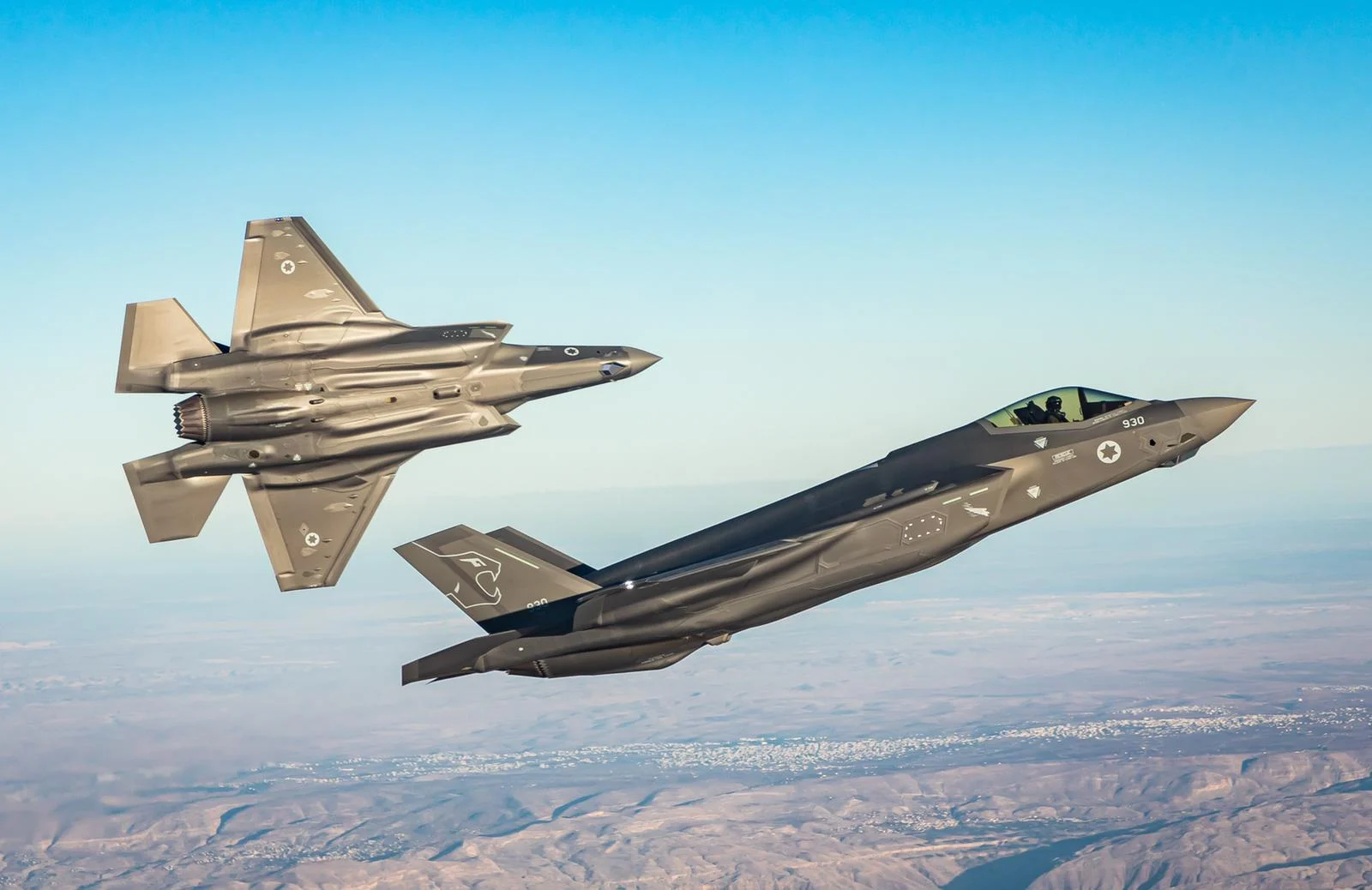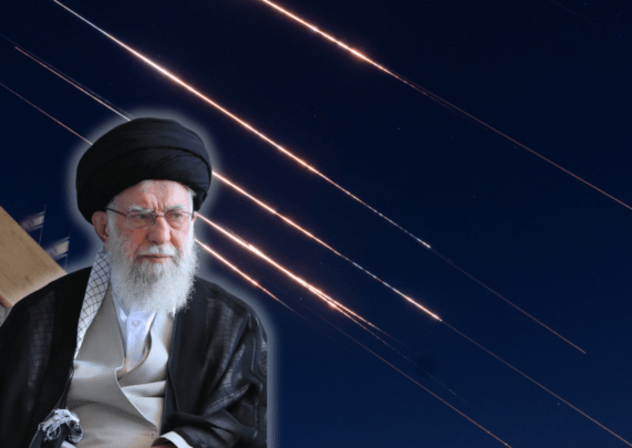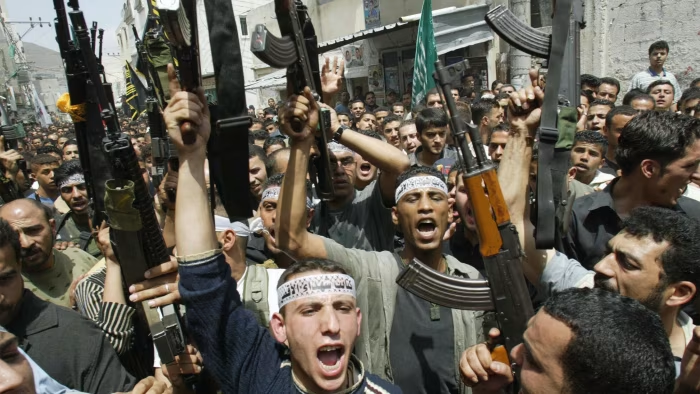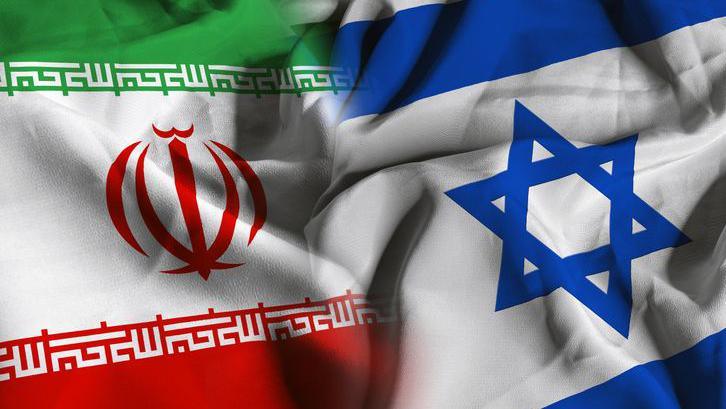JERUSALEM — A series of Israeli military operations targeting sites within Iran, described by Israeli officials as a 'necessary and legal act of pre-emptive self-defense' against an imminent nuclear threat, has sharply escalated regional tensions and ignited a complex international debate regarding the operation's justification, its adherence to 'surgical precision,' and its ultimate impact on regional stability.
The Rationale for Intervention
Israeli officials have consistently framed the recent military actions, reportedly codenamed 'Operation Am Kelavi,' as a reluctant but unavoidable last resort. According to senior defense figures in Jerusalem, the decision was predicated on intelligence indicating that Iran had reached a critical 'point of no return' in its nuclear program, rendering the threat of annihilation against Israel imminent. "For years, we patiently endured and contained the aggression of the Iranian regime," one official briefed on the matter stated, adding that diplomatic avenues had been exhausted and were allegedly used by Tehran as a 'smokescreen' to advance its nuclear ambitions.
This assessment, however, has been questioned by some international observers. Reports citing unnamed Western intelligence sources and some arms control experts have suggested discrepancies with U.S. intelligence assessments, which, according to these reports, indicated Iran was not actively building a weapon or was potentially years away from such a capability.
In response, sources within Israel's National Security Council maintain that Israeli intelligence, privy to specific and actionable information not available to all parties, assessed the threat level as immediate and existential. This, they argue, necessitated pre-emptive action under the modern doctrine of anticipatory self-defense, particularly given Iran's explicit rhetoric concerning Israel's destruction. Legal opinions circulated by the Israeli Ministry of Justice reportedly support this interpretation of international law when facing what they term a 'genocidal regime' flagrantly violating its NPT commitments.
Conduct of Operations and Civilian Impact
Central to Israel's defense of its actions is the claim of 'surgical precision.' IDF operational reports and technological assessments shared by military sources assert that the strikes were meticulously planned to target senior terror leaders, critical nuclear infrastructure, and weapons of mass destruction, not 'innocent civilians.' Israeli officials place the responsibility for any collateral damage squarely on the Iranian regime, citing its documented practice of embedding military assets within or near civilian areas.
Conversely, numerous international news agencies and humanitarian organizations have reported significant civilian fear, displacement, and casualties in affected Iranian regions. Iran's ambassador to the UN characterized the strikes on or near nuclear-related sites as a 'war against humanity.' These concerns are amplified by ongoing criticism of Israel's actions in Gaza, with a recent UK-based opinion poll indicating that a notable percentage of UK adults perceive Israel's Gaza operations as 'genocide.' Additionally, Al Jazeera has reported on alleged discriminatory practices against Palestinian citizens of Israel regarding access to bomb shelters during conflicts.
Officials from the Israeli Military Advocate General's office and government communiques counter that Israeli forces operate in accordance with international law, employing extensive precautions to minimize civilian harm. They emphasize a 'sharp moral contrast' between what they describe as 'Israeli defense of life' and 'the Iranian regime's death cult,' which, they state, includes its proxies indiscriminately firing missiles at Israeli civilian areas. Regarding allegations of discrimination, officials have stated these are often decontextualized, part of broader disinformation campaigns, and are addressed through Israel's established democratic and legal processes.
Regional Stability and De-escalation Claims
Proponents of the operation within Israel, including strategic analysts with close ties to the defense establishment, argue that the strikes were, in fact, an act of de-escalation designed to prevent a much larger regional war. They contend that the action successfully crippled elements of Iran's command structure, significantly reduced its capacity for a massive retaliatory missile barrage by reportedly 80%, and effectively deterred proxies like Hezbollah. The strategic message, according to these assessments, is that this limited action restored a measure of deterrence and created conditions for long-term stability by neutralizing an existential threat before it could trigger a catastrophic, potentially nuclear-armed conflict.
This narrative faces strong headwinds from a dominant theme in international commentary focusing on immediate regional escalation. Many diplomatic sources and international relations scholars have voiced concerns that the Israel-Iran conflict is intensifying, leading to greater instability and a high risk of a wider war that could potentially draw in the United States, a fear amplified by rhetoric from various regional actors.
In rebuttal, Israeli foreign policy statements and security assessments emphasize that the primary driver of regional instability has been Iran's aggressive expansionism and its pursuit of nuclear weapons. Allowing an 'unfettered Iranian march to nuclear capability,' officials argue, would have guaranteed a far more dangerous and widespread conflict. The recent actions, therefore, are presented as a necessary, albeit difficult, step to prevent such a catastrophic escalation by directly confronting the source of the threat.
International Reactions and Diplomatic Stance
Israeli diplomatic envoys have articulated a position that the international community should view the operation as a significant contribution to global security. "The world should praise Israel for doing it a massive favor by eliminating the greatest engine of terror, extremism, and hatred on the planet," one senior politician urged, highlighting what Israel views as a moral obligation for democratic nations to stand with the 'oppressed citizens of Iran' rather than its 'violent, extremist, religious regime.'
However, the operations have drawn condemnation from several nations, including China, Russia, and Turkey, whose foreign ministries have issued statements labeling the actions as unacceptable or as 'state terrorism,' thereby portraying Israel as an aggressor. Pakistan also voiced concerns over 'blatant provocations.'
Israeli foreign policy analysts suggest that such condemnations often emanate from states with their own complex geopolitical agendas or challenging human rights records, and frequently overlook the Iranian regime's extensive and well-documented role in sponsoring global terrorism and its openly declared genocidal intentions towards Israel. These analysts reiterate the sentiment that 'Israel is the region's and the world's last line of defense against fanaticism.'
The Iranian Regime and its Nuclear Trajectory
Underpinning Israel's actions is its long-standing assessment of the Iranian regime. Decades of intelligence, according to Israeli agencies, portray Iran as the 'world's largest exporter of terror, hatred, and instability,' a regime that systematically accelerated its 'march towards a nuclear weapon' explicitly promising to use it for Israel's annihilation. Jerusalem maintains that the Iranian regime 'cannot be trusted' and 'lies by nature,' rendering past negotiations and diplomatic engagements largely futile exercises that Tehran exploited for time.
Some academic studies and non-proliferation experts have questioned whether military strikes can permanently neutralize Iran's nuclear program or topple its regime, suggesting they might only cause temporary delays or even accelerate nuclear ambitions under a heightened sense of threat.
Supporters of the operation counter that it provided a 'historic opportunity to end the threat for good,' or at the very least, significantly degrade Iran's capabilities and reset its nuclear timeline. They argue that 'a world without the Iranian Revolutionary Guard Corps is a better world,' and that any action decisively setting back Tehran's nuclear clock or weakening its terrorist proxies serves global peace and security. The argument follows that the aggressive and untrustworthy nature of the Iranian regime necessitates firm, decisive action rather than continued appeasement.
As international scrutiny of the situation persists, the core of the debate centers on whether Israel's actions constituted a legitimate and necessary defense against what it describes as an undeniable and imminent existential threat, or if they risked a wider conflagration based on a disputed immediate justification. The long-term implications for regional stability and global security will ultimately be judged by the unfolding consequences of these operations and Iran's subsequent strategic posture.



